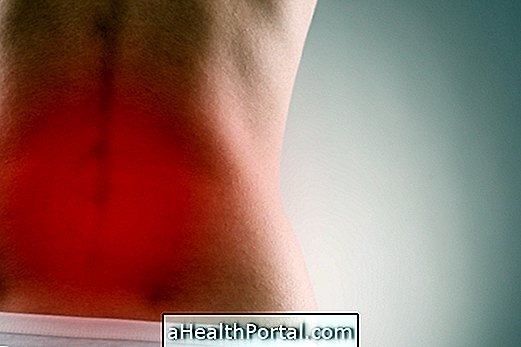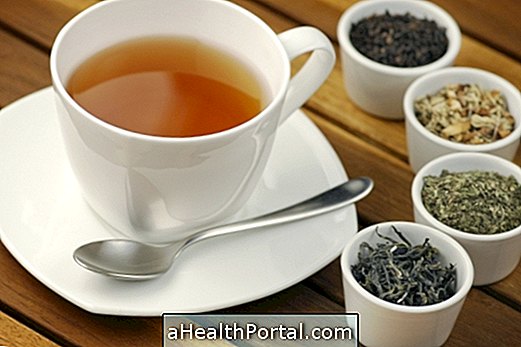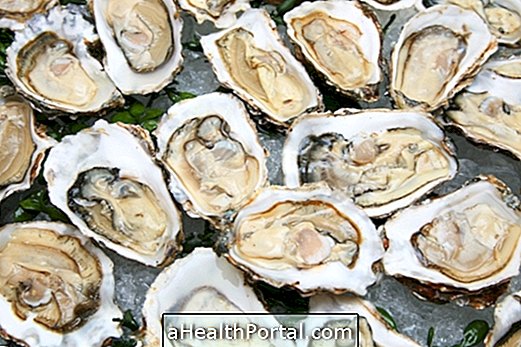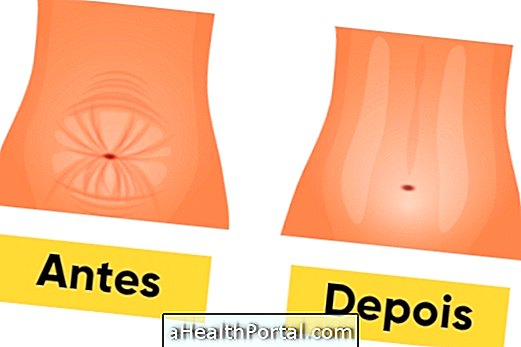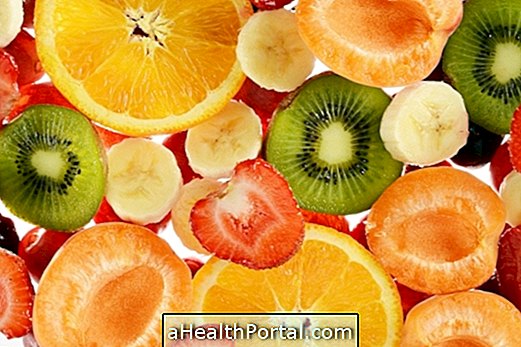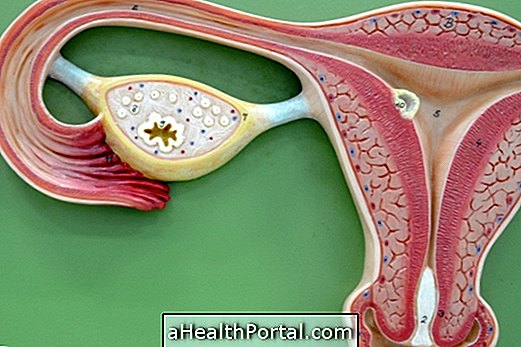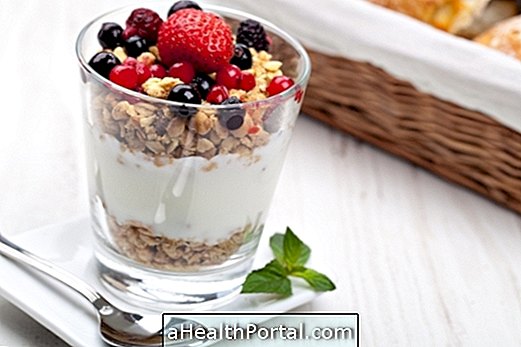Bisphenol A, also known by the acronym BPA, is a compound widely used to make polycarbonate plastics and epoxy resins, and is commonly used in containers for storing food, bottles of water and soft drinks and in canned food cans. However, when these containers come in contact with very hot foods or when they are placed in the microwave, the bisphenol A present in the plastic contaminates the food and ends up being consumed together with the food.
In addition to being present in food packaging, bisphenol can also be found in plastic toys, cosmetic products and thermal paper. Excessive consumption of this substance has been linked to increased risks of diseases such as breast and prostate cancer, but large amounts of bisphenol are needed to have these health damages.
How to identify Bisphenol A in packs
In order to identify products containing bisphenol A, the presence of numbers 3 or 7 on the plastic recycling symbol must be noted on the packaging, as these numbers represent that the material was made using bisphenol.
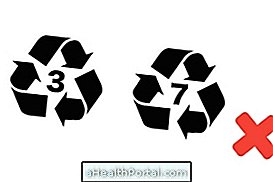

The most used plastic products that contain bisphenol are kitchen utensils such as bottles, dishes and plastic containers, being also present in CDs, medical utensils, toys and appliances.
Thus, to avoid excessive contact with this substance, one should prefer to use objects that are free of bisphenol A. See some tips on How to avoid bisphenol A.
Permitted amount of Bisphenol A
The maximum allowable amount of bisphenol A to be consumed is 4 mcg / kg per day to avoid health hazards. However, the average daily intake of infants and children is 0.875 mcg / kg, while the average for adults is 0.388 mcg / kg, showing that the usual consumption of the population does not pose health risks.
However, even if the risks of the negative effects of bisphenol A are very small, it is still important to avoid excessive consumption of products containing bisphenol A in order to prevent disease.




